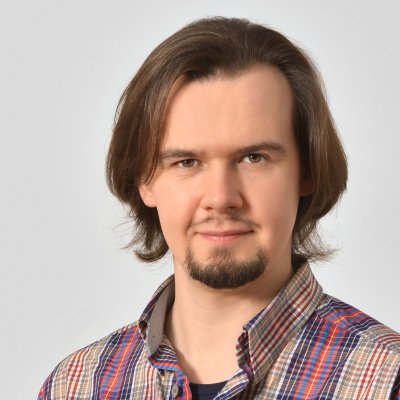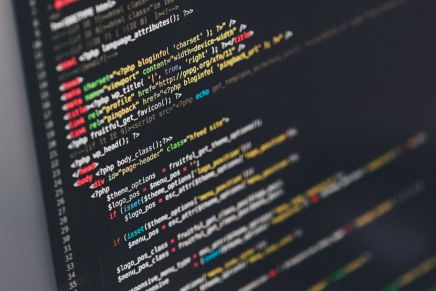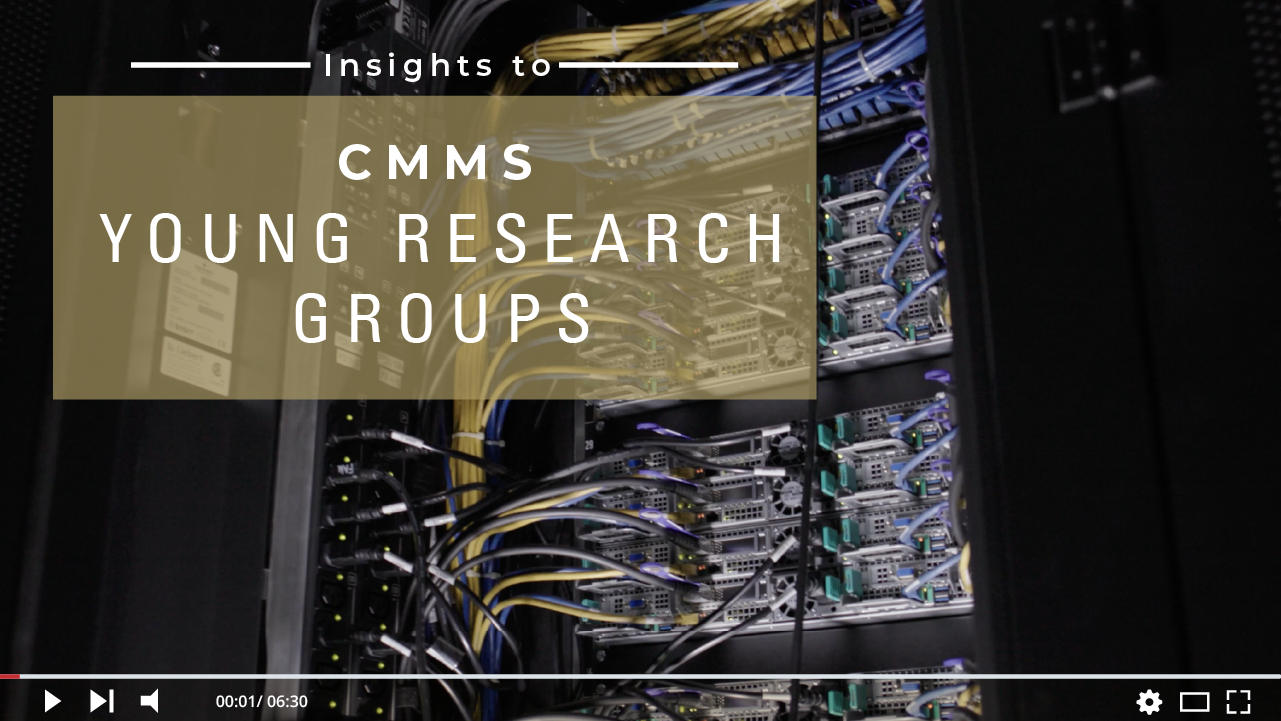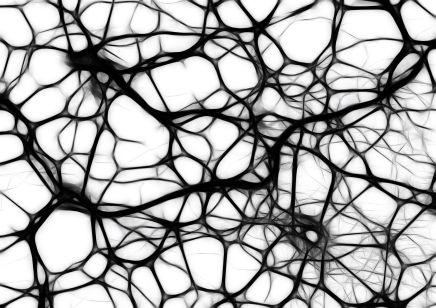Life Sciences - Group of Thomas Sokolowski

Our research aims at elucidating biophysical principles and mechanisms enabling reliable information processing in biological systems. In particular, we focus on biochemical pathways transmitting and processing information inside and between biological cells. These are based on intrinsically stochastic gene regulation processes which operate with limited numbers of molecules and thus render cellular information processing very noisy.
We employ methods from statistical and computational physics, with a particular focus on spatial-stochastic simulations that are both biophysically realistic and efficient. At the core of our approach is the development of event-driven spatial-stochastic algorithms, which attain high computational efficiency by employing probability distributions for the occurrence of relevant future events. For making accurate predictions, the mathematical derivation of these distributions has to be thoroughly based on biophysical and biochemical principles. On top, we use numerical optimization techniques to explore the rich parameter space of our models in order to find solutions that are most effective in controlling biological noise. Our approach thus tightly combines theoretical derivations and high-performance computing methods with optimization techniques.
Forschung und Lehre
Members

Michael Alexander Ramírez Sierra
Postdoc
Office: 0|401 (FIAS)
Phone: +49 69 798 47665
News

Thomas Sokolowski teaches the course "Introduction to Data Analysis and Simulation with MATLAB" at Goethe-University. Enlistment is possible until beginning of November. Please check the "Teaching" page for details.

Michael Ramírez Sierra und Thomas Sokolowski give talks at the "Cell Physics 2021" conference at Saarland University in Saarbrücken.

We participate in a scientific mini-symposium and all-day hike in the Taunus within an event linking five emerging research groups in the Rhein-Main area.
Michael Ramírez Sierra is awarded one of the rare yearly participation slots at this year's (virtual) q-bio summer school. Congratulations Michael!

A short movie describing the research of our and three more newly established research groups at FIAS is now available on the FIAS YouTube Channel.
We take part in the 2021 (virtual) "Giersch Summerschool & International Conference on Theoretical and Quantitative Cell Biology" (GSIC 2021).

Together with collaborators from IST Austria we published a paper in Neuron, one of the most influential neuroscience journals. In this work, we develop a generic Bayesian framework that allows the usage of "optimization priors" to aid statistical inference, and to quantitatively interpolate between a data-rich inference regime and a data-limited prediction regime.

Michael Alexander Ramírez Sierra joins the group as its first PhD student. He will work on elucidating mechanisms of robust tissue development, using event-driven spatial-stochastic simulations.

Thomas Sokolowski joins FIAS as a fellow and new independent group leader as part of the newly established Center for Multiscale Modeling in Life Sciences (CMMS).


